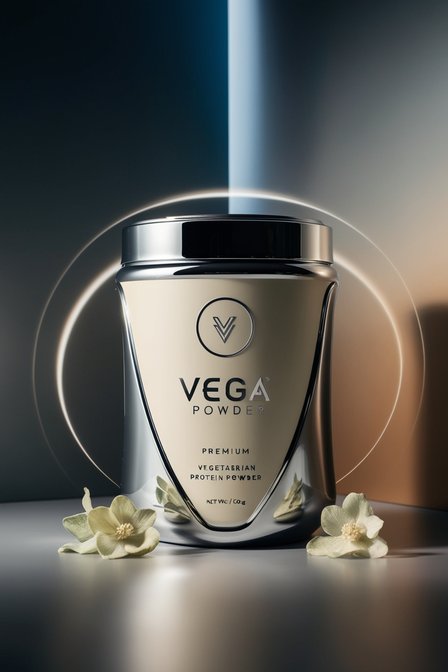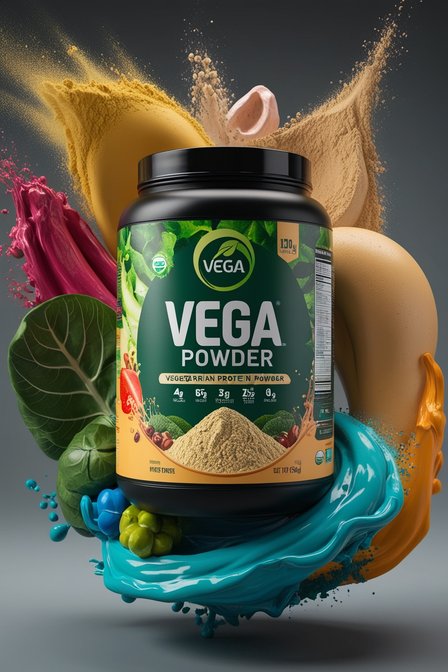Exploring the World of Vegan Cheese
Introduction to Vegan Cheese
Vegan cheese has emerged as a popular alternative to traditional dairy cheese, catering to a growing population of vegans, lactose-intolerant individuals, and health-conscious consumers. Unlike dairy cheese, vegan cheese is crafted from plant-based ingredients, offering a cruelty-free and often healthier option. This shift towards vegan cheese reflects broader trends in dietary preferences and sustainability concerns.
The Rise of Vegan Cheese
The rise of vegan cheese can be attributed to several factors. Increasing awareness of animal welfare issues, the environmental impact of dairy farming, and the health benefits of a plant-based diet have all played significant roles. As a result, more people are seeking alternatives that align with their values and dietary needs. The food industry has responded with a diverse array of vegan cheese products that aim to replicate the taste and texture of traditional cheese.
Ingredients and Production
Vegan cheese is made from a variety of plant-based ingredients. Common bases include nuts such as cashews and almonds, soy, coconut oil, and nutritional yeast. Each ingredient brings its unique properties to the table, contributing to the final product's flavor and texture. The production process often involves fermentation, culturing, and aging, similar to traditional cheese-making methods, to develop complex flavors.
Types of Vegan Cheese
There are numerous types of vegan cheese available on the market, each designed to mimic different varieties of dairy cheese. These include soft cheeses like cream cheese and ricotta, hard cheeses such as cheddar and parmesan, and specialty cheeses like blue cheese and brie. Each type offers unique flavors and textures, making it possible to find a vegan alternative for almost any cheese preference.
Nutritional Benefits
Vegan cheese can offer several nutritional benefits compared to traditional dairy cheese. Many vegan cheeses are lower in saturated fat and cholesterol, making them heart-healthier options. Additionally, they can be a good source of protein, vitamins, and minerals, depending on the ingredients used. Nutritional yeast, for instance, is rich in B vitamins, while nut-based cheeses provide healthy fats and protein.
Health Considerations
While vegan cheese can be a healthier option, it's important to be mindful of the ingredients and nutritional content. Some commercial vegan cheeses may contain high levels of sodium, preservatives, and additives. Choosing products with natural, whole-food ingredients and minimal processing can help ensure a healthier choice. As with any food, moderation and balance are key to maintaining a healthy diet.
Environmental Impact
The environmental impact of vegan cheese is generally lower than that of dairy cheese. Dairy farming is associated with high greenhouse gas emissions, water usage, and land degradation. In contrast, plant-based cheese production requires fewer resources and results in lower emissions. This makes vegan cheese an appealing choice for those looking to reduce their environmental footprint.
Popular Vegan Cheese Brands
Several brands have become well-known for their high-quality vegan cheese products. Companies like Daiya, Follow Your Heart, and Violife offer a wide range of vegan cheeses that are widely available in supermarkets and specialty stores. These brands have invested in research and development to create products that closely mimic the taste and texture of traditional cheese, helping to drive the popularity of vegan cheese.
Homemade Vegan Cheese
For those interested in making their own vegan cheese, there are numerous recipes and resources available. Homemade vegan cheese can be customized to personal taste preferences and dietary requirements. Common ingredients for homemade vegan cheese include nuts, seeds, nutritional yeast, and various herbs and spices. The process often involves soaking, blending, and fermenting the ingredients to achieve the desired flavor and texture.
Culinary Uses
Vegan cheese can be used in a variety of culinary applications, just like traditional cheese. It can be melted on pizzas, stirred into pasta dishes, spread on crackers, or enjoyed on a charcuterie board. The versatility of vegan cheese makes it a great addition to any kitchen, whether for everyday meals or special occasions.
Challenges and Innovations
While vegan cheese has come a long way in terms of taste and texture, there are still challenges to address. Some consumers find that certain types of vegan cheese do not melt or stretch in the same way as dairy cheese. However, ongoing innovations in food technology are continually improving these aspects. Researchers and manufacturers are exploring new ingredients and methods to enhance the meltability and stretchiness of vegan cheese.
The Future of Vegan Cheese
The future of vegan cheese looks promising as demand continues to grow. Advances in food science and technology will likely lead to even more realistic and diverse vegan cheese options. Additionally, as more people adopt plant-based diets for health, ethical, and environmental reasons, the market for vegan cheese is expected to expand further.
Conclusion
Vegan cheese represents a significant shift in the food industry, catering to the evolving preferences of modern consumers. With its potential health benefits, lower environmental impact, and the ethical considerations it addresses, vegan cheese is more than just a trend—it's a movement towards a more sustainable and compassionate food system. Whether you're a long-time vegan or simply curious about plant-based alternatives, vegan cheese offers a delicious and versatile option that continues to gain popularity and acceptance worldwide.



